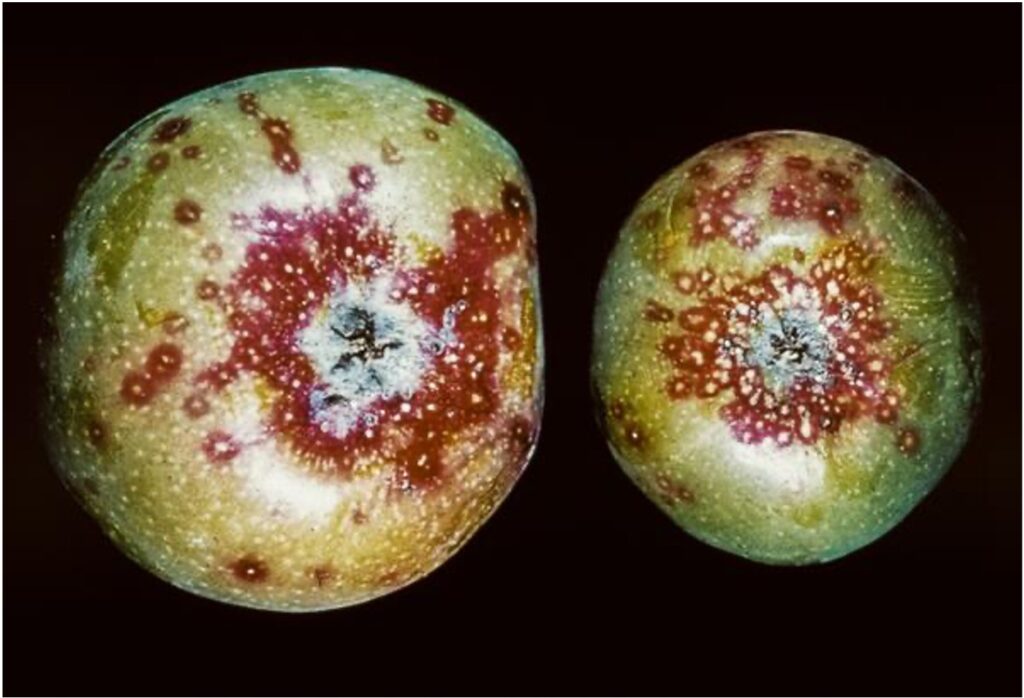Members of the Lamm Lab are playing a critical role in the USDA Speciality Crop Research Initiative funded project titled: Cultivating Tomorrow’s Orchard: Evolving and Enhancing IPM in Eastern Tree Fruit Systems, which seeks to improve Integrated Pest Management (IPM) approaches for apple and peach growers across the Eastern United States. The initiative comes at a time when growers face increasing uncertainty due to climate change, regulatory shifts, and rising production costs.
Earlier this year, members of the Lamm lab engaged with over 90 tree fruit growers in focus group discussions across seven of the fourteen Eastern states covered by the project. States represented in focus groups were Georgia, Massachusetts, Pennsylvania, Alabama, North Carolina, South Carolina, and Wisconsin. These focus groups explored growers’ experiences with current IPM practices, barriers to adoption, and concerns related to pest pressures, regulatory changes, climate issues, and economic viability. Using a structured discussion guide, the team gathered valuable insights to inform the design and delivery of enhanced IPM tools.



Lamm Lab representatives, who joined other collaborators from various institutions, included Dr. Alexa Lamm, Dr. Allison Byrd, and Ph.D. students Oluwafunmilayo “Funmi” Ajiferuke and Dennis Baffour-Awuah. Having just joined the lab at the beginning of the year, Funmi and Dennis were actively involved in data collection during the focus groups and continue to contribute to the qualitative analysis.
Reflecting on the experience, they shared how meaningful and educational the process has been, considering it was so early in their doctoral journeys. Both students presented posters based on their findings from the focus groups at the recent Integrative Precision Agriculture Conference, held in Perry, Georgia.
The data collected is now being analyzed to help shape the next generation of IPM recommendations. The findings will directly inform the development and communication of practical, cost-effective solutions that address the real-world challenges faced by fruit growers, while also guiding effective extension strategies and practices. By centering farmer voices, the Lamm Lab is helping to ensure IPM solutions are not only scientifically sound but also locally relevant, adoptable, and sustainable.
Stay tuned for more on this project as results continue to unfold.